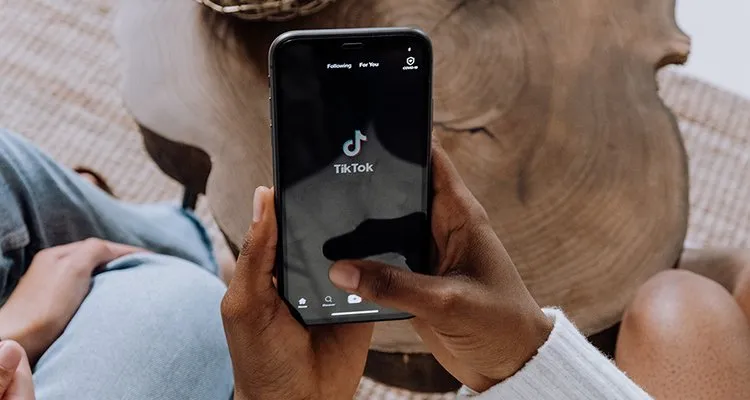TikTok has been outlawed in both chambers of Congress and by more than 20 state governments. Now, as federal lawmakers push for an outright ban, different senators, also from both sides of the aisle, are calling on Washington to “impose strict structural restrictions between TikTok’s American operations and its Chinese parent company.”
This latest demand for regulatory action against TikTok – the above-noted parent company of which, ByteDance, is owned in part by the Chinese Communist Party – emerged in a letter to Treasury Secretary Janet Yellen, who chairs the Committee on Foreign Investment in the United States (CFIUS).
For reference, CFIUS several years back initiated an investigation into TikTok/ByteDance, which have admitted that employees improperly accessed U.S. user data. Despite some indications that ByteDance would be made to divest its stateside TikTok operation – a move that critics say wouldn’t go far enough – the exact progress of the years-running CFIUS probe remains unclear.
On the latter front, 2022 saw six senators (not including those who penned the aforesaid letter) request an update on CFIUS’ TikTok inquiry. In the interim, the video-sharing app has been prohibited on numerous college campuses and in multiple nations, while the State of Indiana is suing the platform for allegedly exposing children to explicit content.
It’s against this backdrop that Senators Richard Blumenthal and Jerry Moran are expressing “profound concern regarding the risks that TikTok poses to our national security and to consumer privacy.”
In their letter to Secretary Yellen, the lawmakers likewise emphasized the belief that CFIUS should “swiftly conclude its investigation” and potentially separate TikTok’s American division from Beijing-headquartered ByteDance.
Proceeding to reiterate the allegedly “false denials and misleading answers” offered by ByteDance and TikTok after their employees improperly accessed user data, as mentioned, the firmly worded text then highlights the platform’s ownership-related security risks.
“In response to these and other credible media reports, Congressional scrutiny, and investigative research about the threat of Chinese spying and malign influence,” the letter reads, “TikTok has pursued a campaign of diversion and deflection to distract from these serious risks. TikTok is clearly, inextricably dependent on ByteDance for its operations, and therefore beholden to the government of China.
“We share the concerns of FBI Director Christopher Wray that China could use the app to collect data on tens [of] millions of American users and attempt to influence our public discourse,” the document continues.
“Therefore, CFIUS should impose structural separations and firm restrictions on ByteDance’s ability to: access Americans’ personal data; make decisions about content moderation; control its algorithmic recommendation systems; and oversee its U.S. operations.”
Across another 800 or so words, the all-encompassing letter describes in relative detail the specifics of the threat that TikTok presents to Americans, exploring the substantial number of ByteDance/TikTok employees who previously (“or in some cases concurrently”) worked for Chinese propaganda outlets as well as the effects of the app’s troubling data-collection practices.
Lastly, the senators also urged CFIUS not to “put its imprimatur on a deal with TikTok if it cannot fully ensure our personal data and access to information is free from spying and interference from the Chinese government.”
“At a minimum, CFIUS should ensure that executive decision making about the platform is based in the United States and fully free from coercive influence from Beijing,” the lawmakers finished. “It must also ensure that decisions about, and access to, all personal data, algorithms, and content moderation relating to American users is out of the reach or influence of the Chinese government.”
Time will tell whether CFIUS actually takes into account the senators’ comments and recommendations, but in any event, their concerns are worth bearing in mind ahead of TikTok CEO Shou Zi Chew’s congressional testimony. In related news, the app today rolled out a retooled Creator Fund, and the major labels last week criticized the song-usage restrictions that the platform has adopted in Australia.

